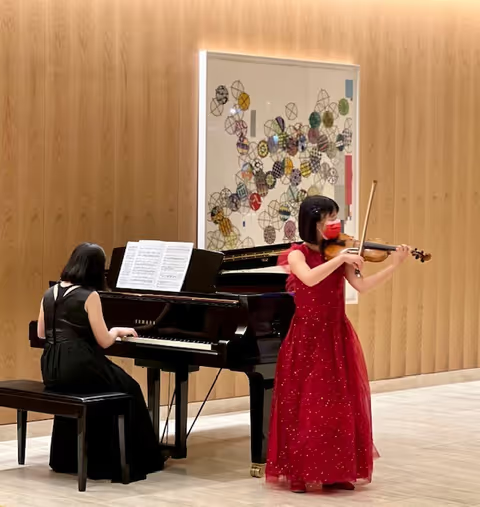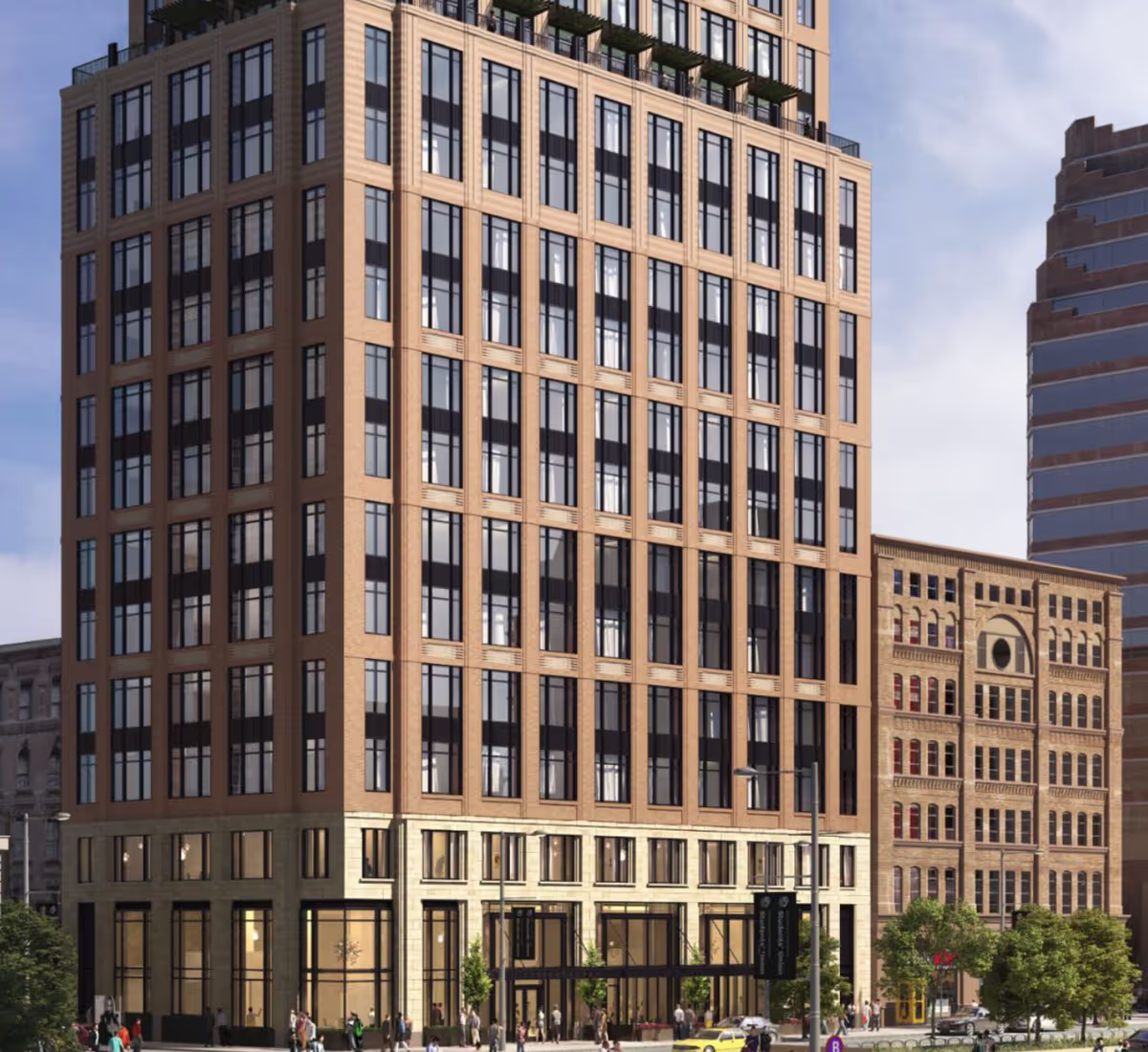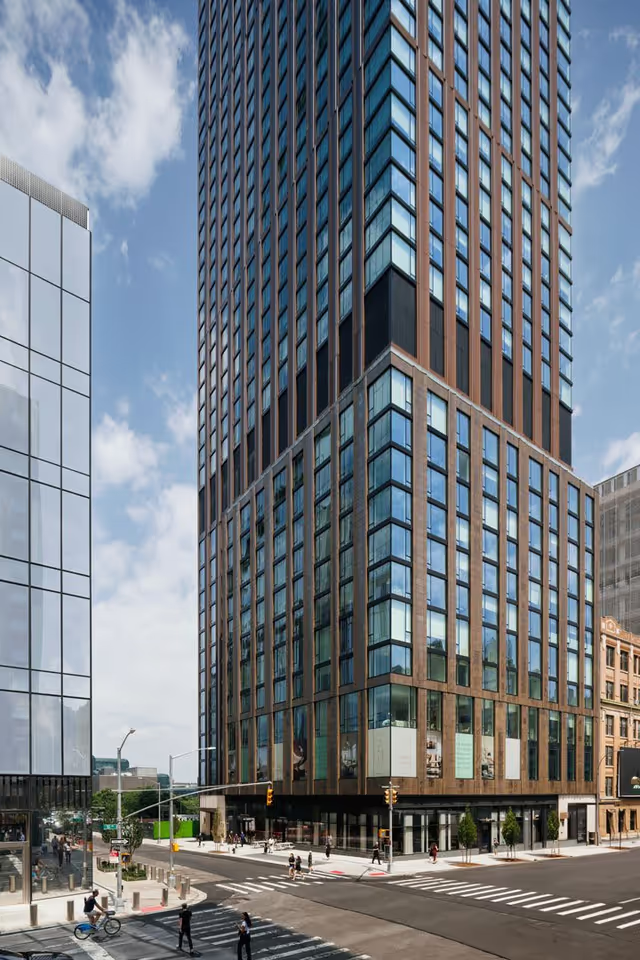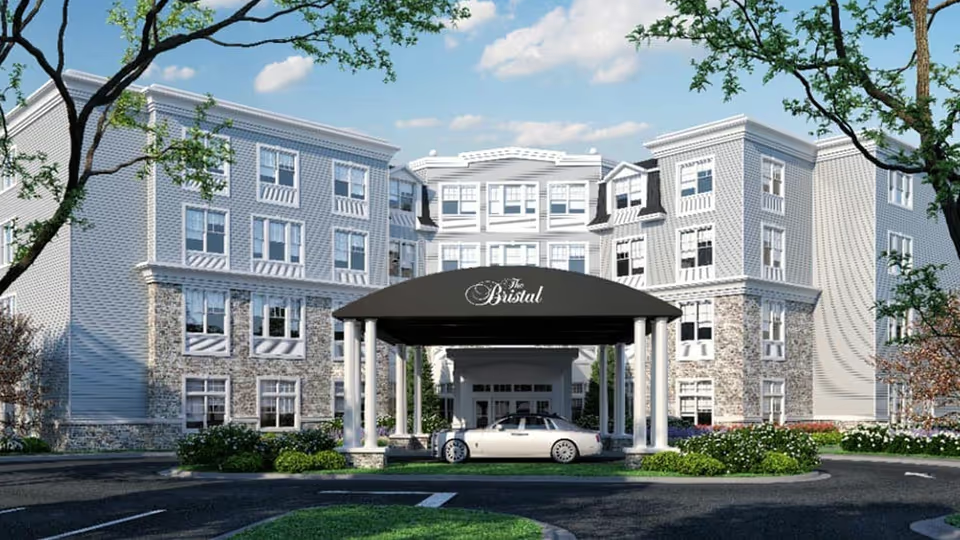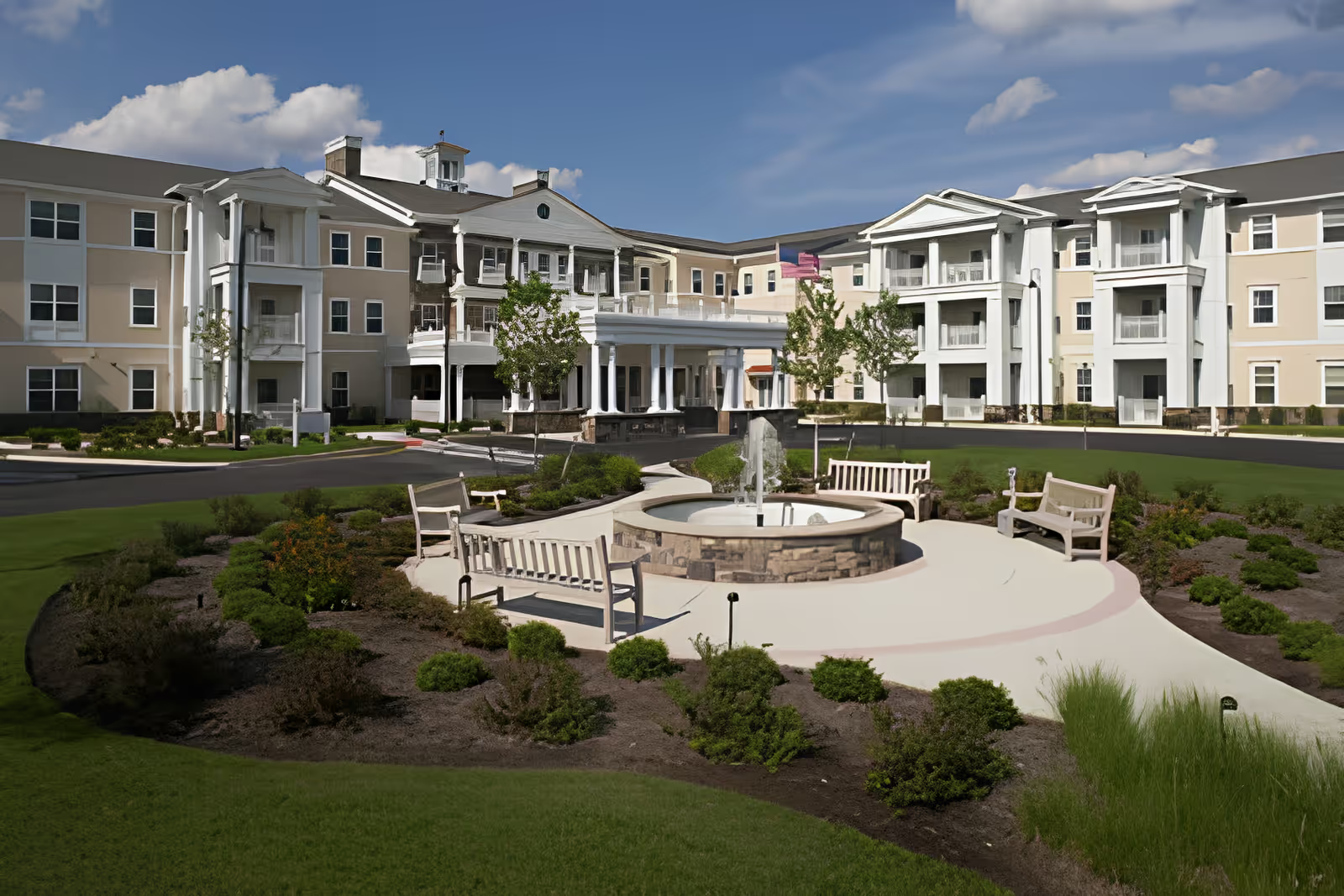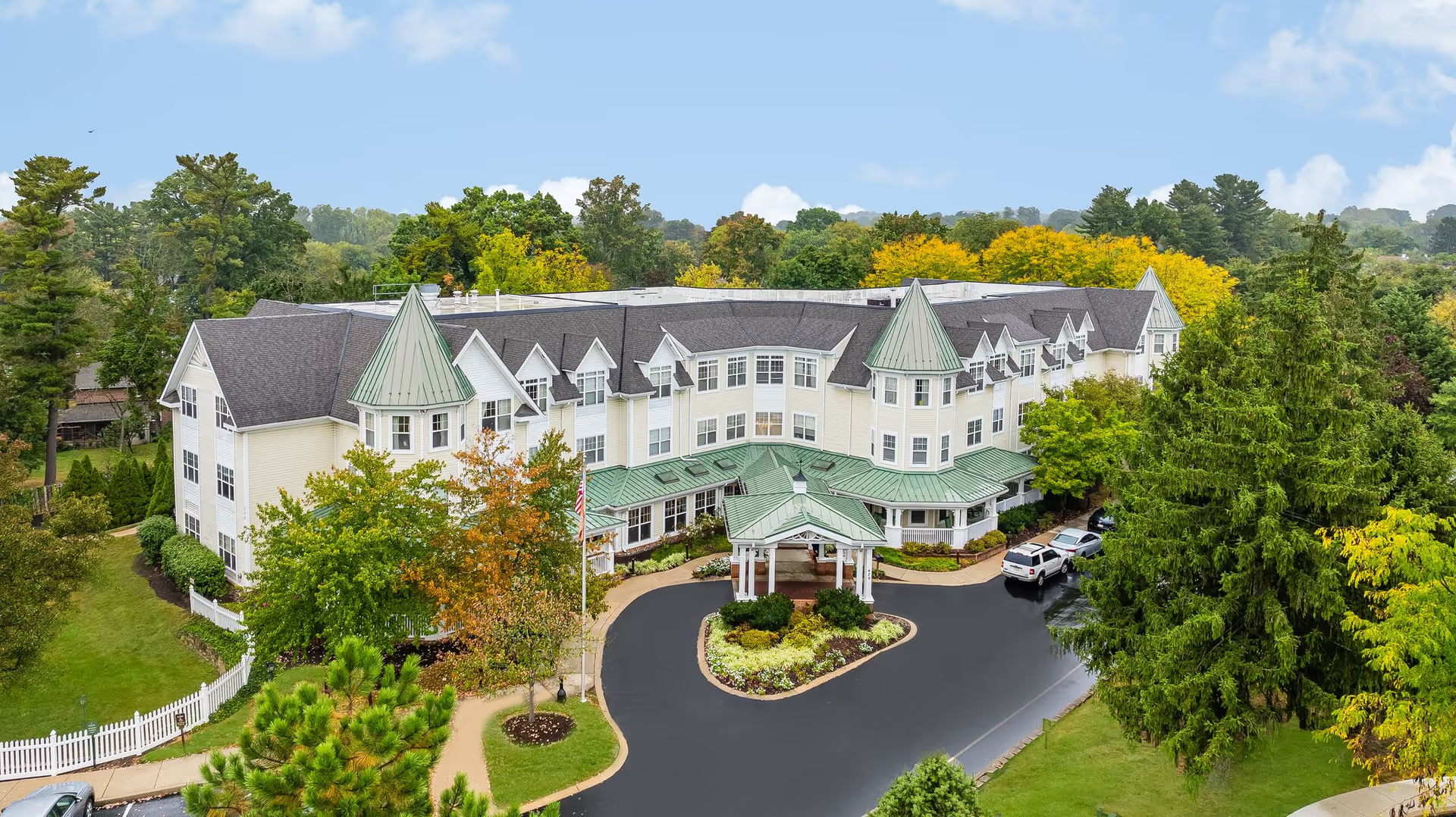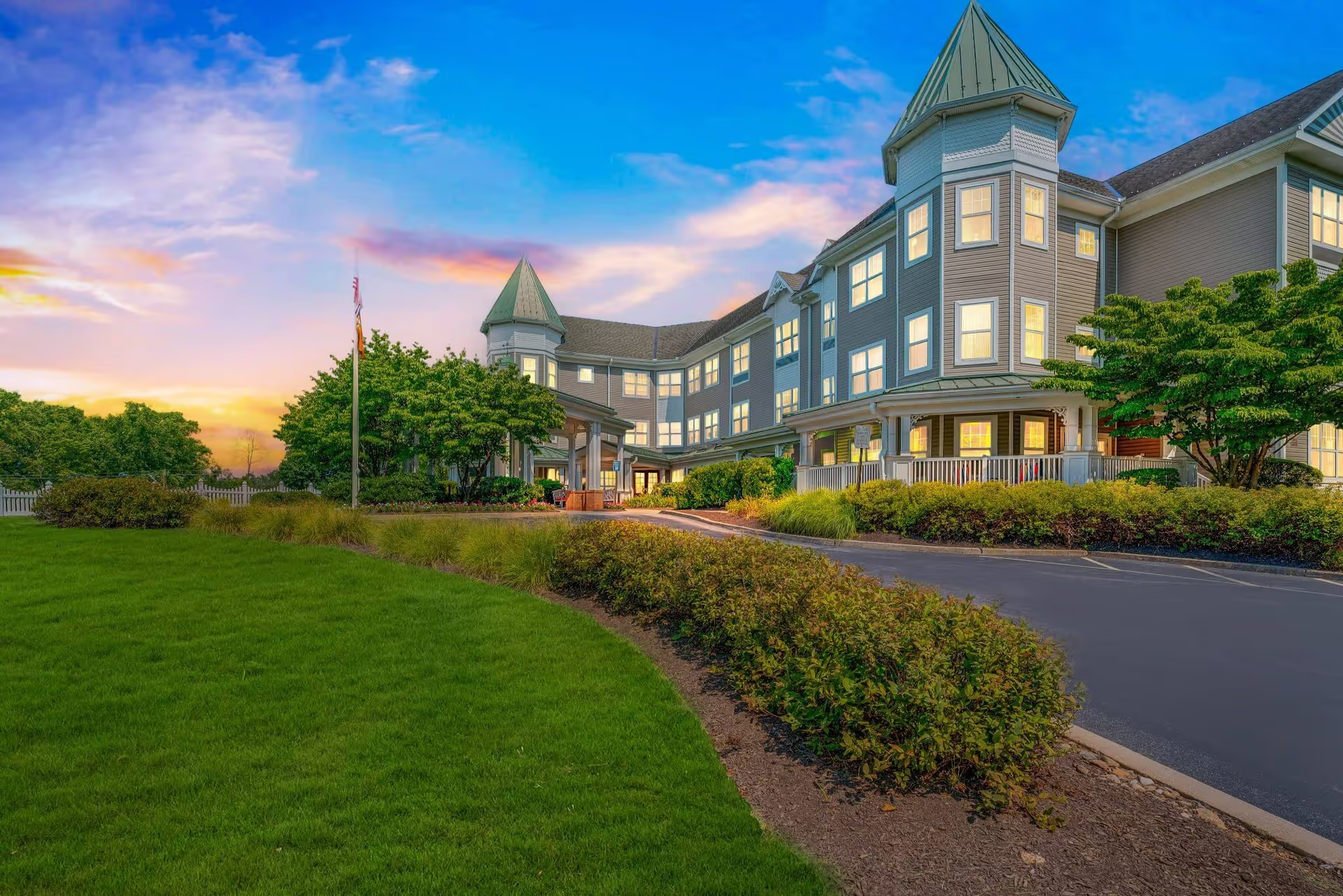Overall sentiment: The reviews for Bridges by EPOCH at Mashpee are predominantly positive, with recurring praise for the compassion, professionalism and dementia-specific expertise of the caregiving team. Many reviewers describe a marked improvement in residents’ wellbeing after moving in (weight gain, increased alertness, reduced anxiety and depression, and greater engagement). Staff are frequently characterized as going above and beyond — treating residents like family, maintaining dignity, and providing personalized attention. Several families specifically name staff and leaders (e.g., Edmund Tucker, Julie Dalton, activity lead Pat Laferriere) as standout contributors to a warm, supportive culture.
Care quality and clinical observations: A consistent theme is that the community provides high-quality memory care. Reviewers mention memory-care training, a dementia-specific model, full-time nursing in multiple comments, and on-site therapy services that improved residents’ mobility and contentment. That said, there are some contrary accounts: a portion of reviews cite staffing shortages, overworked CNAs, and at least one claim that nursing attention was limited unless families hired private aides. A few reviewers noted isolated clinical lapses (for example, delayed detection of a fall during a COVID lockdown). These concerns are important contrasts to the large number of positive clinical assessments but represent recurring cautions about staffing levels and consistency.
Staff, culture, and family involvement: The strongest and most frequent praise centers on staff behaviors: kindness, patience, humor, dedication, and consistent communication with families. The facility’s open-door policy, family invitations to visit, dine, and take part in activities, and timely family updates are highlighted as major positives. Several reviews emphasize a true team dynamic and strong leadership that fosters staff camaraderie, which many families find reassuring. Transition experiences are commonly described as smooth and supportive, with staff helping reduce resident anxiety during move-in.
Activities and social programming: Activities are widely lauded as engaging, resident-focused, and varied — from travel videos, themed snacks, music and trivia to outings, library programs, bowling, and caregiver support groups. The activity programming is often credited with improving residents’ moods and cognitive engagement. A few reviewers felt activity offerings were limited or that the quieter environment meant fewer activities for some residents, but the dominant pattern is positive: regular exercise, games, and intellectual stimulation are staples of daily life there.
Dining and meals: Dining receives mixed but generally favorable feedback. Many reviewers praise the gourmet, accommodating meals and mention residents enjoying food and having choices. Specific positive details include themed snacks prepared by chefs and special meal accommodations. However, several commenters asked for more menu variety or mentioned occasional issues (stale cakes, room for improvement in some dishes). Overall, dining is a net positive but has variability in individual experiences.
Facility, safety, and design: The physical facility is repeatedly described as brand-new, clean, bright, and thoughtfully designed for memory care (single-floor layout, no dark hallways, secure outdoor courtyard). Families appreciate the homelike ambiance, high-end finishes, and safe outdoor space. Single-occupancy rooms are seen as a plus for privacy, though some reviewers noted rooms are small and one comment called the common area non-homelike. Safety measures, including COVID precautions and secured access, are highlighted, though there were a few negative notes about COVID lockdown effects.
Management, transparency, and costs: Many families praise the leadership and management for being responsive and communicative. Others, however, reported inconsistent communication from directors, perceived overemphasis on occupancy or sales, and insufficient upfront explanation of fees. Cost is a prominent and recurring concern: the community is repeatedly described as expensive, top-of-the-line, and “well worth it” by some, but cost and affordability were barriers or points of frustration for others. The one-price model was welcomed by some families for simplifying finances, even as others wanted clearer fee disclosures.
Patterns and trade-offs: The overall pattern is a facility that excels at person-centered memory care, with a warm staff culture, strong activity programming, and attractive, secure facilities — yielding many heartfelt recommendations and long-term residents. The principal trade-offs reported are cost and occasional operational issues: staffing shortages leading to overworked CNAs, some variability in clinical coverage, occasional communication lapses, and a few logistical problems (laundry, menu inconsistency). These issues do not dominate reviews but appear frequently enough to be notable, especially to families weighing clinical reliability and value against the high price point.
Bottom line: Bridges by EPOCH at Mashpee is strongly recommended by many families for memory-care specialization, compassionate staff, engaging programming, and a safe, attractive environment that measurably improves many residents’ quality of life. Prospective families should also perform direct due diligence on staffing levels and clinical availability, clarify all fees and room-size options, and discuss specific care needs to ensure the community is the right fit — particularly given the facility’s premium pricing and single-occupancy room model.
